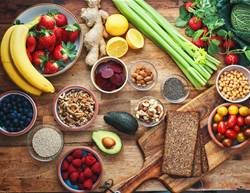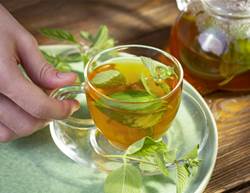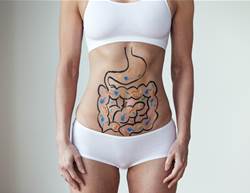Feed It
Perhaps one of the most important, and easily modifiable, factors is what you eat. Studies show that switching from a diet high in processed foods, sugar and starch to one loaded with fruits, vegetables, lean protein and fermented foods (like some pickles and sauerkraut) can promote beneficial bacteria. “This makes sense, because the bacteria’s nutrition is our nutrition,” says Eamonn Quigley, an expert in gastroenterology at Houston Methodist Hospital in Texas.
Avoid Antibiotics
They’re a major cause of harmful imbalances, and Allison Aiello, an epidemiologist at the University of North Carolina’s Gillings School of Public Health, advises steering clear of them unless they’re necessary.
“Go to a doctor and get tested for a viral or bacterial infection before you are prescribed antibiotics,” she suggests.
Rethink Cleaners
Our obsession with cleanliness is another factor that may wreak havoc on the microbiome. While sanitary wipes and antimicrobial cleaners are marketed as products to prevent illness, some of them may contribute to the creation of superbugs. Some sanitisers contain an ingredient called triclosan, which targets only certain types of bacteria. Aiello recommends avoiding it and using plain soap instead. If you’re not near a sink, apply an alcohol-based hand sanitiser.
Get Outside
Exposure to a broad range of environments, particularly the outdoors, can improve microbial diversity in the gut. “We need to interact with our world,” says Jacques Izard, a professor at the University of Nebraska-Lincoln’s Food Innovation Center. “Diversity of exposure over time helps stimulate a healthy immune system.”
So get out in the garden or go for a bushwalk with friends. You’ll have lots of fun and help your gut stay healthy.
(Want to pick up some healthier habits? Sign up for FREE to get healthy living tips, weight loss inspiration, slimming recipes and more delivered straight to your inbox!)



.jpg&h=90&w=90&c=1&s=1)






